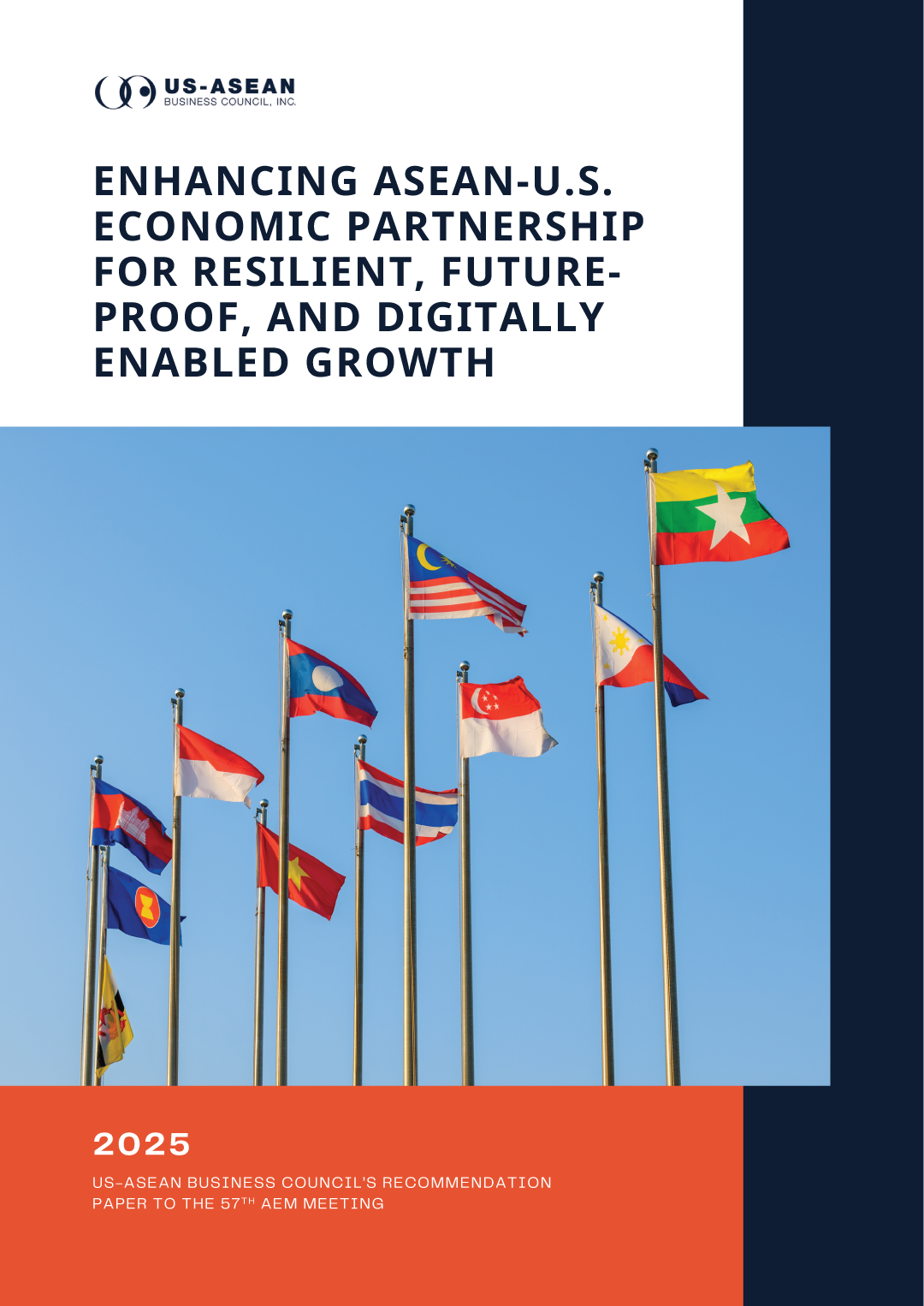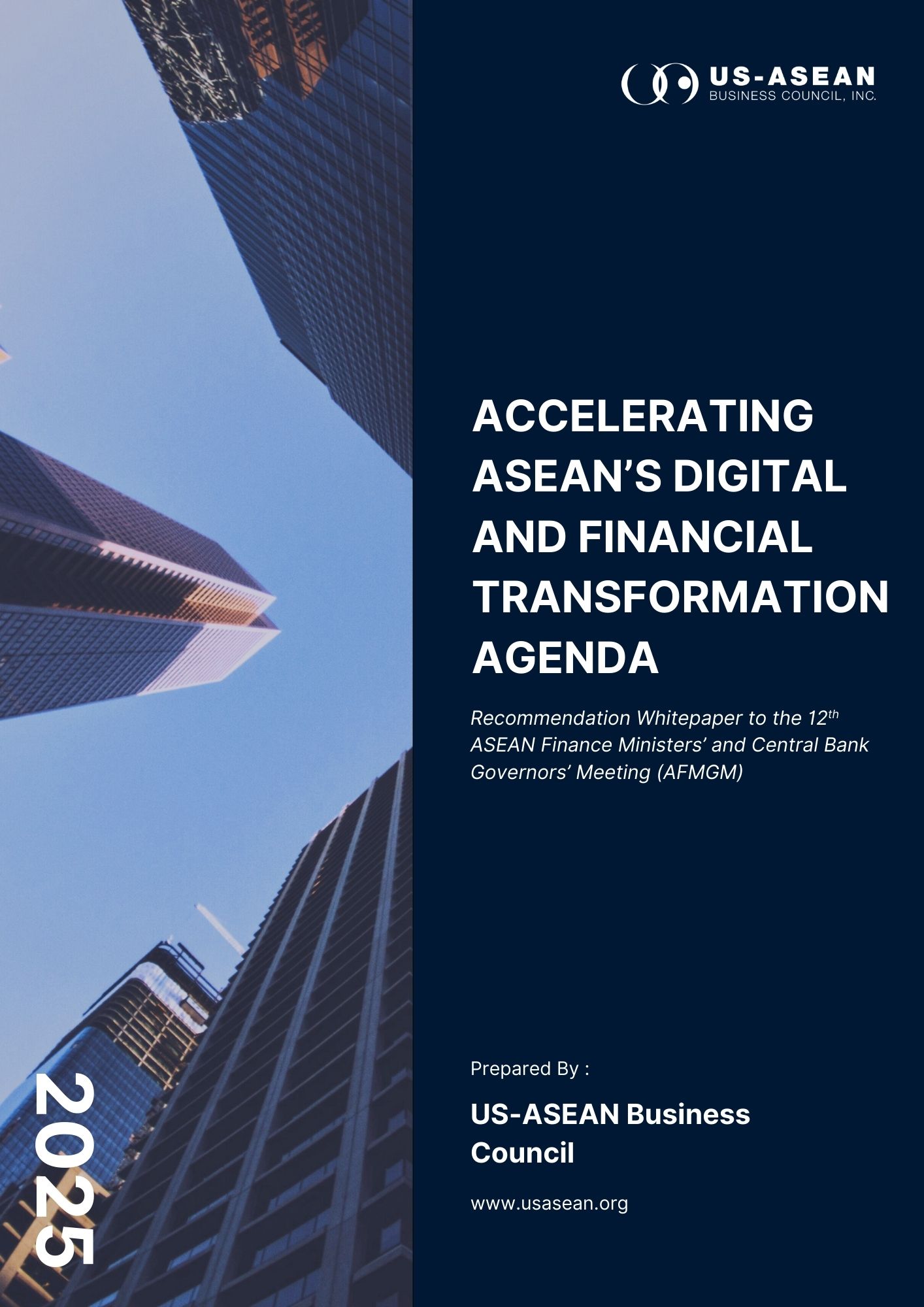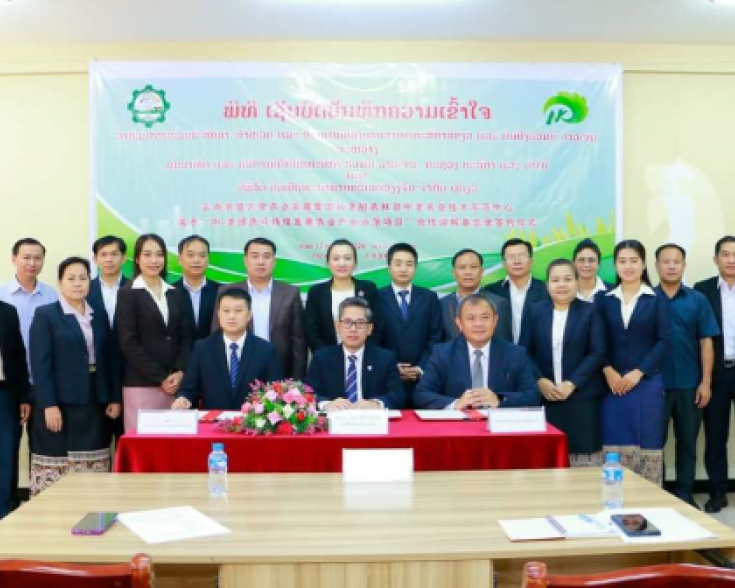IMF Report Highlights Laos’ Growth Challenges and Debt Burden

On November 8, the International Monetary Fund (IMF) released a report detailing Laos’ economic outlook while highlighting persistent inflation, unsustainable debt levels, and challenges with currency depreciation. The report attributed the rise in inflation to the continued depreciation of the Lao kip, which has lost 140% of its value from January 2021 to September 2024, coupled with the government’s monetary expansion policies. The depreciation has exacerbated contingent liabilities incurred by the country, particularly for external debts denominated in foreign currencies. Concerns about inflation were also echoed at the 8th Ordinary Session of the National Assembly, with the inflation rate averaging 24.4% in 2024—far exceeding the government’s target of 9%.
The IMF also observed an increase in dollarization, with a steady rise in foreign currency (FX)-denominated bank credit and deposits since 2022. While some observers see potential benefits of “de facto dollarization” in Laos with its limited human capitals, citing Cambodia’s experience as an example, the IMF warned of some risks. These include the erosion of the Central Bank of Laos’ monetary authority and reduced availability of domestic funding sources to support government financing.
The IMF’s report further highlighted Laos’ ongoing external debt challenges. External debt stood at 95.6% of GDP in 2023, a slight decrease from 103.9% in 2022. However, it is projected to remain high at 89.6% and 98% in 2025 and 2026, respectively. There is also an issue with debt concentration with approximately half of the country’s US$10.5 billion external debt in 2023 owed to China. Interest payments, recorded at 1.8% of GDP in 2022, are expected to increase to 3.2% in 2024 and 3.3% in 2025. With external debt payments almost doubling from US$507 million in 2022 to US$950 million in 2023, the government has deferred a growing portion of its obligations. Between 2020 and 2023, deferred payments totaled nearly US$1.9 billion.
The IMF recommends several measures to address Laos’ economic challenges, including fiscal adjustment through enhanced revenue mobilization, formulating a credible multi-year financing and debt management strategy, and raising policy rates to curb inflation. It also emphasizes the need to implement new capital and liquidity requirements, improve governance through greater transparency, tackle corruption, and create a more business-friendly environment.








